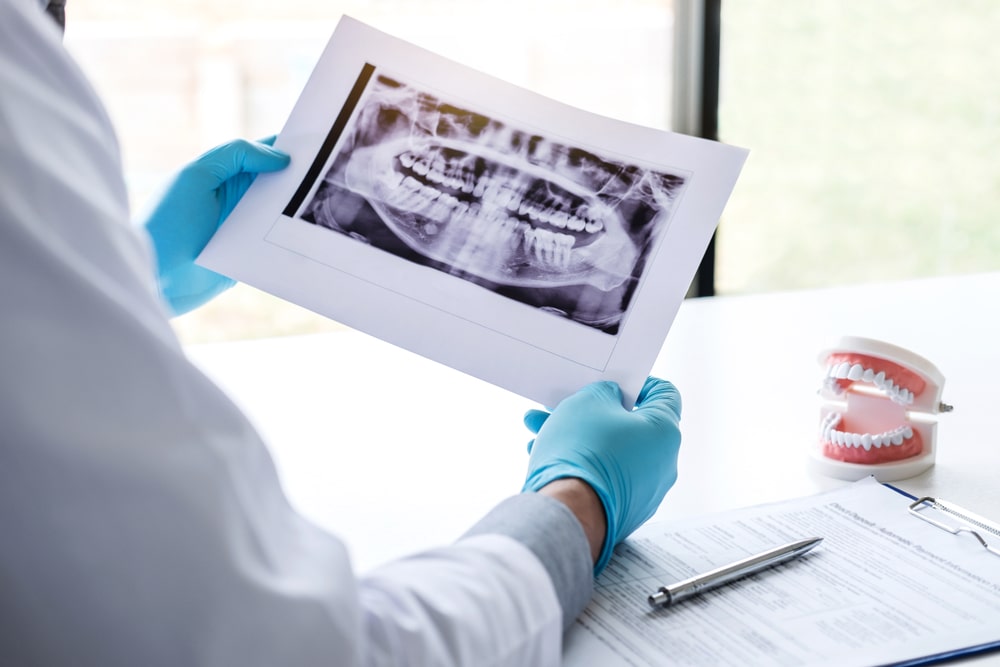

Maxillofacial Surgery & Fracture Management
- Home
- Maxillofacial Surgery & Fracture Management
Maxillofacial surgery is a specialised field of surgery that involves the diagnosis and treatment of diseases, injuries, and defects of the head, neck, face, jaws, and related structures. This includes a range of surgical procedures such as reconstructive surgery, cosmetic surgery, and trauma surgery.
Fracture management deals with the treatment of fractures and injuries to the bones and soft tissues of the face, jaws, and neck. This may include surgical repair of fractured bones or the use of wires, plates, and screws to stabilise the affected area while it heals.
Maxillofacial surgeons are highly trained specialists who have completed extensive education and training in both medicine and dentistry. They work closely with other medical and dental professionals, such as orthodontists, oral surgeons, and plastic surgeons, to provide comprehensive care for patients with complex facial and oral conditions.


The need for Maxillofacial Surgery or fracture management is the most in cases of trauma. While facial fracture management is a more severe approach, Maxillofacial Surgery is also needed in cases where cosmetic considerations like cleft lip & palate, or reconstructive surgery. Apart from this, maxillofacial surgery may be needed in various other cases.


Maxillofacial surgeons specialise in treating facial injuries resulting from accidents, falls, sports injuries, or physical altercations. These may include fractures to the facial bones, lacerations, and damage to soft tissue structures.
Treating conditions that affect the jaw, such as temporomandibular joint (TMJ) disorders, bite problems, and jaw growth abnormalities need Maxillofacial Surgery.


Facial deformities, such as cleft lip and palate or other congenital abnormalities can be corrected through surgery.
Maxillofacial surgeons are trained to diagnose and treat conditions that affect the mouth, jaws, and related structures, such as oral cancer, salivary gland disorders, and cysts and tumours.
Maxillofacial Surgery can also be done for a range of cosmetic procedures, such as orthognathic surgery to improve the appearance and function of the jaws, and genioplasty to enhance the chin's appearance.


Radiant Dental has a team of experienced and skilled dentists who have years of experience in surgical procedures


Radiant Dental takes pride in providing the best possible treatment that aims to improve your smile.
Stay informed about the latest facts, tips, and tricks to maintain excellent oral hygiene and achieve a glowing smile by reading more. Keep yourself updated and enhance your knowledge about oral health.

